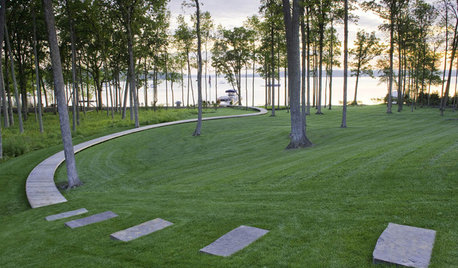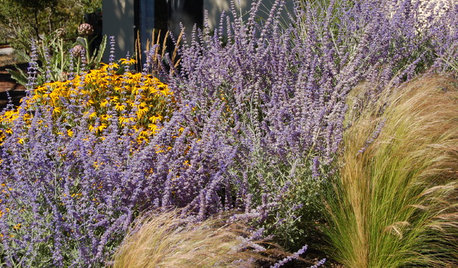Did some searching and looked on here...was hoping someone can chime in on what worked best for them.
Here is a picture of my lawn:
{{gwi:81217}}
Last year I tried using Turflon Ester with varying results but everyone swears by it.
So here is my plan, please advice.
The brown spots of my lawn where the bermuda is I plan on dethatching in the next week and removing as much as I can and then spraying Turflon Ester and applying a pre-emegent for other weeds. I then will loosen the soil in those spots I cleared and seed with perennial rye which is not affected by the Turflon Ester. I need some advice as to whether to use a fertilizer or not to help the rye overtake the bermuda, I heard avoiding nitrogen will help accomplish this. I will mow the lawn at a 3" height in order to give the rye an upper-hand over the weeds and bermuda. Reapplying turflon Ester every 4 weeks through the growing season and doing the same next year.
Any other methods besides re-sodding/killing the lawn would be welcome!









texas_weed
tiemco
Related Professionals
Norfolk Landscape Architects & Landscape Designers · Accokeek Landscape Architects & Landscape Designers · Grand Haven Landscape Architects & Landscape Designers · Sand Springs Landscape Architects & Landscape Designers · Simi Valley Landscape Architects & Landscape Designers · Waterbury Landscape Contractors · Alpharetta Landscape Contractors · Bainbridge Island Landscape Contractors · Beachwood Landscape Contractors · Bellefontaine Neighbors Landscape Contractors · Chelmsford Landscape Contractors · Englewood Landscape Contractors · North Canton Landscape Contractors · Secaucus Landscape Contractors · Oxon Hill Landscape Contractorsdchall_san_antonio
effaceOriginal Author
texas_weed
dchall_san_antonio
effaceOriginal Author
texas_weed
dchall_san_antonio
effaceOriginal Author
texas_weed
gsweater
dchall_san_antonio